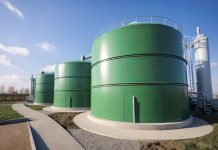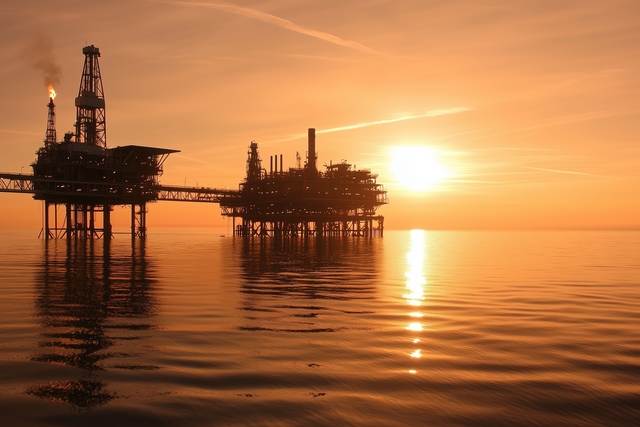Energy major bp Plc is preparing to ramp up its natural gas output in India, targeting nearly ten million standard cubic meters per day (mmscmd) from the NEC-25 block in the Mahanadi basin. The push aligns with recent upstream policy reforms introduced by the Indian government to attract foreign investments and boost domestic energy production.
Policy Reforms Spark Renewed Investment
bp’s Chief Executive Murray Auchincloss welcomed India’s overhaul of its upstream oil and gas policies, highlighting the changes as a ‘positive step’ for global investors. The reforms, introduced through new legislation, aim to make exploration and production more investor-friendly. They remove longstanding barriers to foreign participation in India’s energy sector.
NEC-25: A New Gas Hub Off India’s East Coast
The NEC-25 block, officially known as Block NEC-OSN-97/2, is located off the Odisha coast in the Bay of Bengal. bp and its partner Reliance Industries Ltd (RIL) plan to develop this block into a new offshore gas hub, unlocking significant untapped hydrocarbon reserves.
“Block NEC-25 represents an opportunity to unlock the hydrocarbon potential of a new hub on India’s East Coast. It has a production potential of up to 9.9 mmscmd of gas,” Auchincloss stated.
bp and RIL Already Powering a Third of India’s Gas
bp and RIL currently produce around 28 mmscmd from their flagship KG-D6 block (KG-DWN-98/3) in the Krishna-Godavari basin. This accounts for nearly one-third of India’s total gas output. The addition of NEC-25 will significantly strengthen their portfolio and reinforce India’s energy security.
bp’s Deep Roots and Future Plans in India
bp’s presence in India spans over a century, beginning with its association through Castrol lubricants. Today, the company remains deeply invested in India’s natural gas value chain, from upstream exploration to retail partnerships.
As reported by deccanherald.com, bp is doubling down on its commitment to help India meet its growing energy demands. This comes with the development of the NEC-25 block and supportive government policies promoting cleaner-burning natural gas.
































